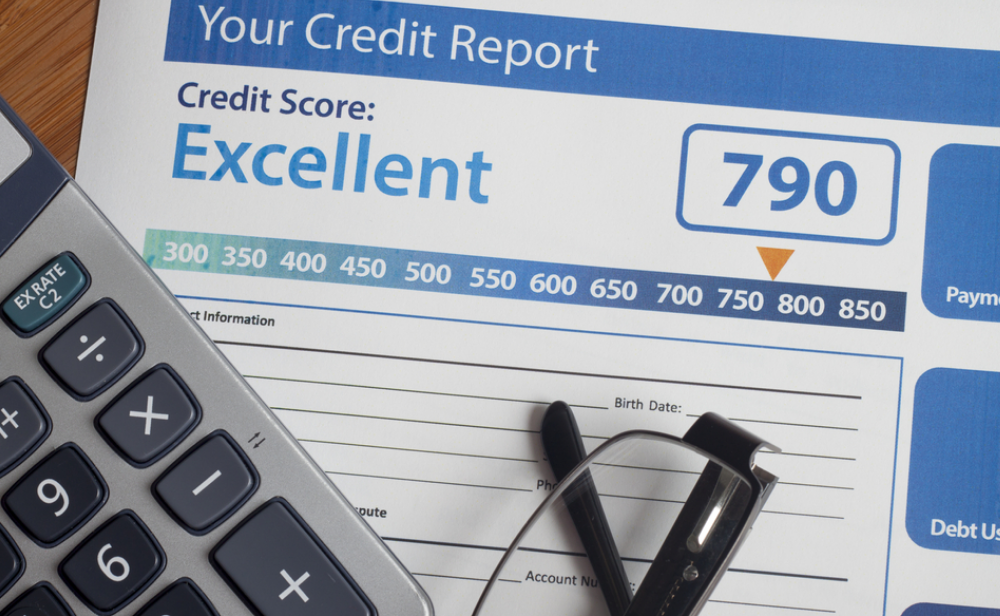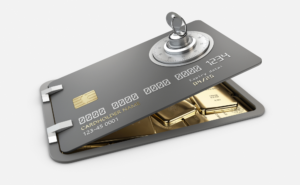How To Add Positive Credit To Your Credit Report
Generally, most people concentrate on eliminating bad items from their credit reports to enhance credit scores. While removing negative things increases your credit score, you may also increase your credit score by adding positive items.
Your great credit history has become more essential than ever as more businesses evaluate your credit history to determine whether or not to do business with you. You need good credit to acquire a home loan, rent an apartment, purchase a vehicle, qualify for a reasonable insurance rate, and even get a job.
If you have poor credit or none at all, your objective is to establish a favorable credit history so that your applications will be accepted quickly. It isn’t easy to get a good payment credit history. Even if you pay your payments on time, you can’t simply add them to your credit report. Instead, you’ll have to rely on your creditors and lenders to provide credit bureaus updates based on your account history.
Equifax, Experian, and TransUnion, the three major credit-reporting companies, retain information on you and your credit accounts to produce your credit report. They usually collect their information from the firms with which you do business. However, there are some occasions when you can directly add your data to the report.
And that’s exactly what we will look at in this blog. We’ll see how to add positive credit to your credit report in some easy steps.
Add Positive Credit To Your Credit Reports
Here are 5 ways to improve your credit history by adding positive credit to your credit report.
1. Add Personal Information
Completing your profile is one method to add positive data to your credit report. This contains information such as your phone number, address, and place of employment. These indicators aren’t factored into your credit score, but they are visible to lenders when they review your credit report, and some of them like to see data that demonstrates your stability. In most cases, you’ll need to write a letter to the credit bureau and provide documentation of the information you’re requesting them to include in your report.
These entries may not always result in a higher credit score, but they can suggest that you are in a good financial state.
When a lender physically checks your credit record, they can establish that you are ready to manage a loan. This is just as significant as your credit score in the credit application procedure.
2. Add New Credit Accounts
Opening new credit accounts is another technique to add positive data to your file. It’s especially beneficial to open accounts that aren’t currently on your credit record. For example, if you have numerous credit cards, you might add an installment account to improve your “types of credit utilized” profile.
Positive accounts may or may not appear on your report. This can happen if a firm only deals with one or two of the three agencies or if certain companies refuse to disclose favorable information.
You have the right, according to TransUnion, to have positive information added to your credit report to assist you in getting credit. You must write a certified letter to the bureau requesting that they include the accounts and indicate how they can confirm the data with the creditor.
3. Use Your Account Correctly
You should avoid doing activities that may harm your credit while trying to develop a favorable credit history. Late payments on your bills, huge credit card debts, and too many credit card requests are all bad things to do.
Don’t be hesitant to begin small. To begin, expect to receive just minimal credit limits and loan amounts, such as less than $1,000. Creditors and lenders will extend you additional credit once you’ve demonstrated your ability to manage a little debt. Once you’ve got a credit card or a loan, don’t use up all your existing credit, and make sure you pay off what you owe each month.
4. Create Positive Entries
Doing positive things with your credit is another approach to building positive credit to your credit report. It is reported and has a favorable influence if you pay your bills on time. Keeping your credit usage low by avoiding overusing it might also assist.
Paying your payments before the statement date (due date) will help you decrease your reported amounts while still allowing you to utilize your credit cards. Keeping old accounts active to build up your history — or being added as an authorized user on somebody else’s old account — might also help you improve your score.
5. Statement of Explanation
To explain any unfavorable information on your credit report, you can make a 100-word statement. You may, for example, explain that you declined to pay a bill because you received a defective product or that you fell behind because you became ill and couldn’t work.
The statement does not necessarily affect your credit score, but it is included along with your report and may assist in explaining any unfavorable things.
Although a statement will not affect your credit score, it may assist address issues that a lender or employer may have when reviewing your credit report. Yes, the score matters, but so does the analysis done by the individual who examines your file.
It would help if you did not max out or charge near your credit limit after adding positive credit to your credit reports. Consumers who consistently max out their credit cards are more likely to have trouble repaying the debt if their circumstances change, such as losing their job or becoming ill.
Your credit score improves as your utilization rate decreases. According to myFico, the most frequently used credit scoring system, the best credit scores have 10% or less credit usage. Don’t use more than 10% of your authorized credit limit until you pay it off every month if you want to increase your credit score.
Despite your best efforts, getting your positive information reported to all three credit agencies isn’t always straightforward because no creditor is compelled to do so, and most small creditors are unlikely to do so.
Furthermore, certain creditors may only report to one credit reporting agency, while the other two do not. As a result, your credit score may differ among the three credit bureaus.
Still, giving positive information might be beneficial when it comes to establishing credit. Some bad ratings on your report can be minimized by listing accurate, positive information.
You may also be more alert about any flaws in the reporting process overall by validating these good accounts. Do not focus on the negative aspects of your credit report only.
To get the greatest outcomes for your credit score and future financing, always look at your credit report as a whole. Educate yourself on how to add positive credit to your credit report and implement that to get better results.






